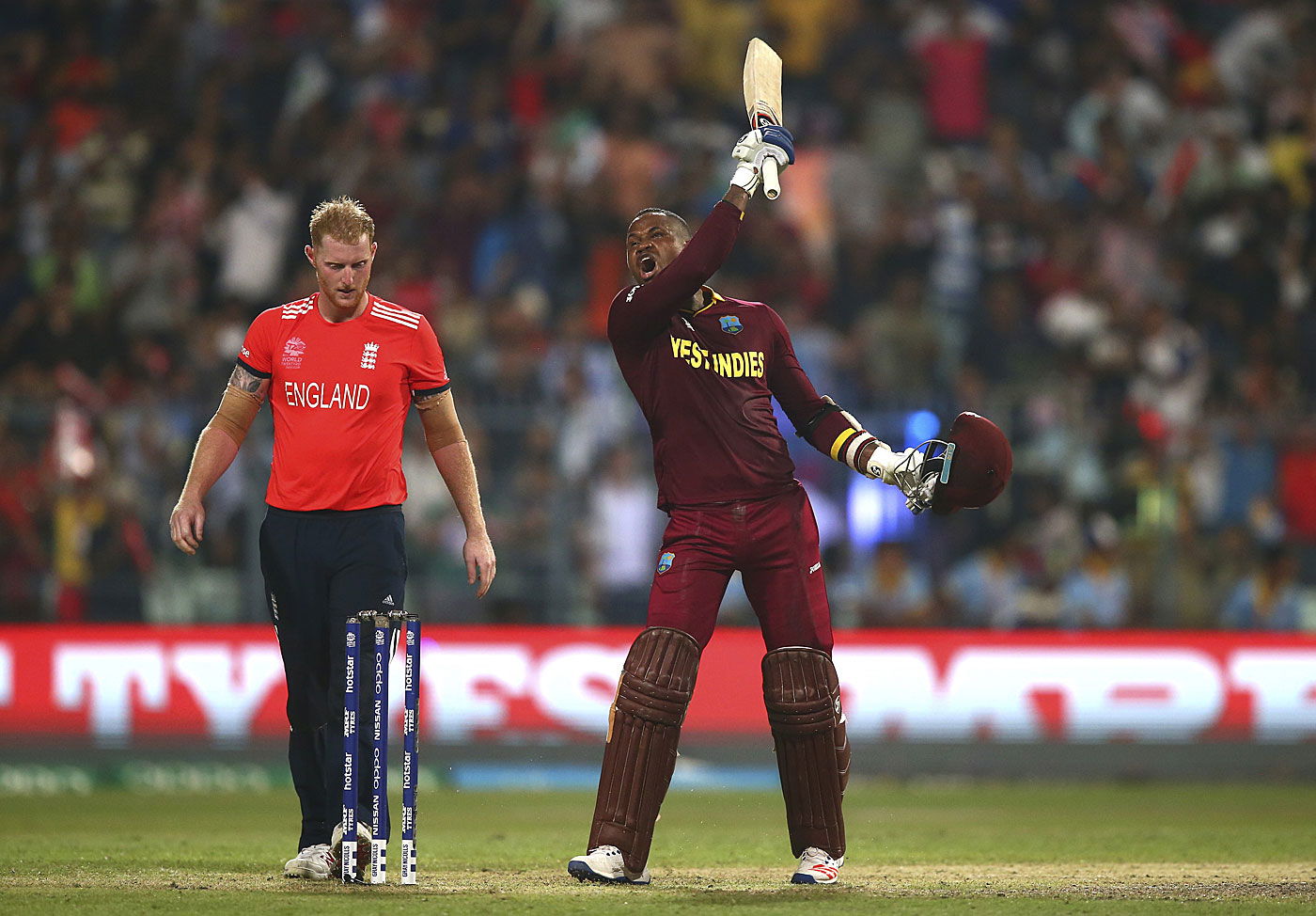Marlon Samuels Banned For Six Years By ICC For Breaching Anti-Corruption Code
Published - 23 Nov 2023, 03:00 PM | Updated - 23 Aug 2024, 12:23 AM

The International Cricket Council (ICC), on Thursday (November 23), imposed a six-year ban on former West Indies batsman Marlon Samuels after he was found guilty of breaching the Emirates Cricket Board (ECB) Anti-Corruption Code.
The six-year ban takes effect from November 11, 2023. The T2o World Cup-winning batsman was charged by the ICC (the designated body for anti-corruption under the Emirates Cricket Board’s code) in September 2021 before he was guilty in August this year, for the following offences:
- Article 2.4.2 (by a majority decision) – Failing to disclose to the Designated Anti-Corruption Official, the receipt of any gift, payment, hospitality or other benefit that was made or given in circumstances that could bring the Participant or the sport of cricket into disrepute.
- Article 2.4.3 (unanimous decision)- Failing to disclose to the Designated Anti-Corruption Official receipt of hospitality with a value of US $750 or more.
- Article 2.4.6 (unanimous decision) – Failing to cooperate with the Designated Anti-Corruption Official’s investigation.
- Article 2.4.7 (unanimous decision) – Obstructing or delaying the Designated Anti-Corruption Official’s investigation by concealing information that may have been relevant to the investigation.
“Samuels played international cricket for close to two decades, during which he participated in numerous anti-corruption sessions and knew exactly what his obligations were under the Anti-Corruption Codes,” Alex Marshall, who heads up the ICC HR and Integrity Unit, said.
“Though he is retired now, Mr Samuels was a participant when the offences were committed. The ban of six years will act as a strong deterrent to any participant who intends to break the rules,” he added.
Marlon Samuels’ international career:
In 2020, Marlon Samuels announced his retirement from all forms of cricket after making his debut in international cricket in 2000. He represented West Indies in 71 Tests, 207 ODIs and 67 T20Is and scored over 11,000 international runs in addition to picking up more than 150 wickets.
He will be best remembered for his displays in West Indies’ triumphant campaigns in 2012 and 2016 T20 World Cups. In 2012, he scored 78 off 56 balls to help his team recover from 32 for 2 after 10 overs in the final against Sri Lanka. Four years later, he scored 85 off 66 runs in the final as West Indies beat England. He was adjudged the Player of the Match in both the finals.
About the Author

I am an Author and Editor at Cricketaddictor. Before starting my journey as a cricket journalist, I...












